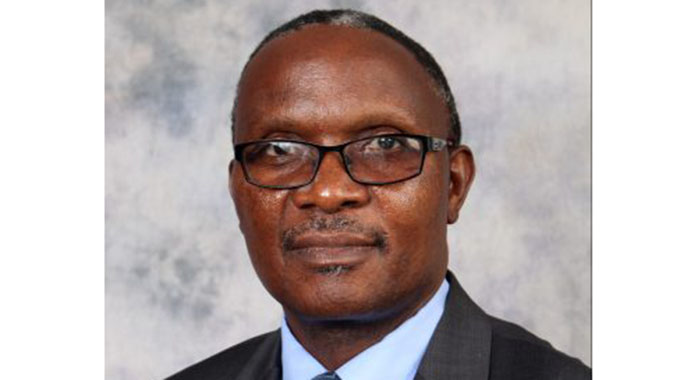First Mutual Property positive on 2019 outlook

Business Reporter
Zimbabwe Stock Exchange listed property concern First Mutual Property expects the general economy of the country over the long term to remain positive with real economic growth.
In a statement accompanying the Group’s results for the year ended December 31, 2018 forecast for the long term remain positive despite the challenges the country is facing at the moment.
“The general outlook over the long term remains positive with real economic growth estimates for Zimbabwe ranging between 3.7 percent and 7 percent for 2019.
“Despite the challenges around debt to GDP ratio, limited availability of foreign currency, fiscal deficit, multiple tier pricing and cash shortages, forecasts remain positive against the backdrop of the Government’s policy changes targeted at containing the fiscal deficit, promoting investment and increasing production,” chairman Elisha Moyo said in a statement accompanying results.
Mr Moyo said the property market is projected to remain an occupier’s market in the short term due to excessive supply of space and the lack of quality assets to absorb either expanding or new market entrants.
Despite the subdued demand for space rentals and space are, however, it still expected to rise in the short term, as property investors seek to maintain real rental values in the face of rising inflation.
The year on year inflation rate (annual percentage change) for the month of March 2019 as measured by the all items Consumer Price Index (CPI) stood at 66.80 percent, while that of February 2019 rate was 59.39 percent.
The month on month inflation rate in March 2019 was 4.38 percent gaining 2.71 percentage points on the February 2019 rate of 1.67 percent.
Rising inflation results in landlords putting up their rentals.
The subdued economic environment will also result in limited development activity in the commercial property sector.
Mr Moyo said the commercial property sector is expected to remain low as demand for new space remains subdued due to lethargic economic growth.
“In contrast, residential development activity is expected to remain strong.
Real estate markets are positively correlated to macroeconomic performance, said Mr Moyo.
“Therefore, any economic recovery is expected to have a trickle- down effect on the property sector.”
Mr Moyo said he hoped the economic environment in 2019, in particular the property sector, will be an improvement from what was experienced in 2018.
In 2018, the property market remained subdued with supply exceeding demand.
There was also low investment in commercial developments in the market.
According to Mr Moyo most businesses were cautious on their expansion or set up plans in Zimbabwe, leading to limited uptake of the space.
Infrastructure, particularly in the Central Business District (CBD) and industrial areas, is also said to be in dire need of refurbishment.
Mr Moyo added that the departure of a significant number of businesses from the CBD has seen occupancy levels continue to decline.
Furthermore, rentals remained flat during the year. Resultantly this has had negative effects on the real yields against the backdrop of rising inflation, Mr Moyo said.
“Despite the general low demand for space, retail assets were the exception to the trend with high occupancy levels.
In terms of transactions within the property market, Mr Moyo said these were concentrated around the residential sector, where property investors achieved quicker financial closures on smaller transactions and obtained scale through volumes.
He, however, said currency volatility had triggered arise in the demand for properties as investors sought to preserve value.
“However, transactions remained low as sellers were not willing to dispose for the very same reason; value preservation and currency risk,” said Mr Moyo.
In terms of 2018 financial performance, the company recorded a 140 percent growth in profit to US$4.1 million way above US$1.69 million posted prior year comparative.
This was more attributed to a 5 percent growth in occupancy level during the year under review.
Rental yields rose 0.6 percent to 7 percent from 6.3 in 2017, more probably aided by a 5 percent occupancy growth to 76 percent from 71 percent in the prior year comparative.
A seven percent gain in the average rental per square metre saw rental income increase by 9 percent from $7,4 million in 2017 to $8 million in 2018.










Comments